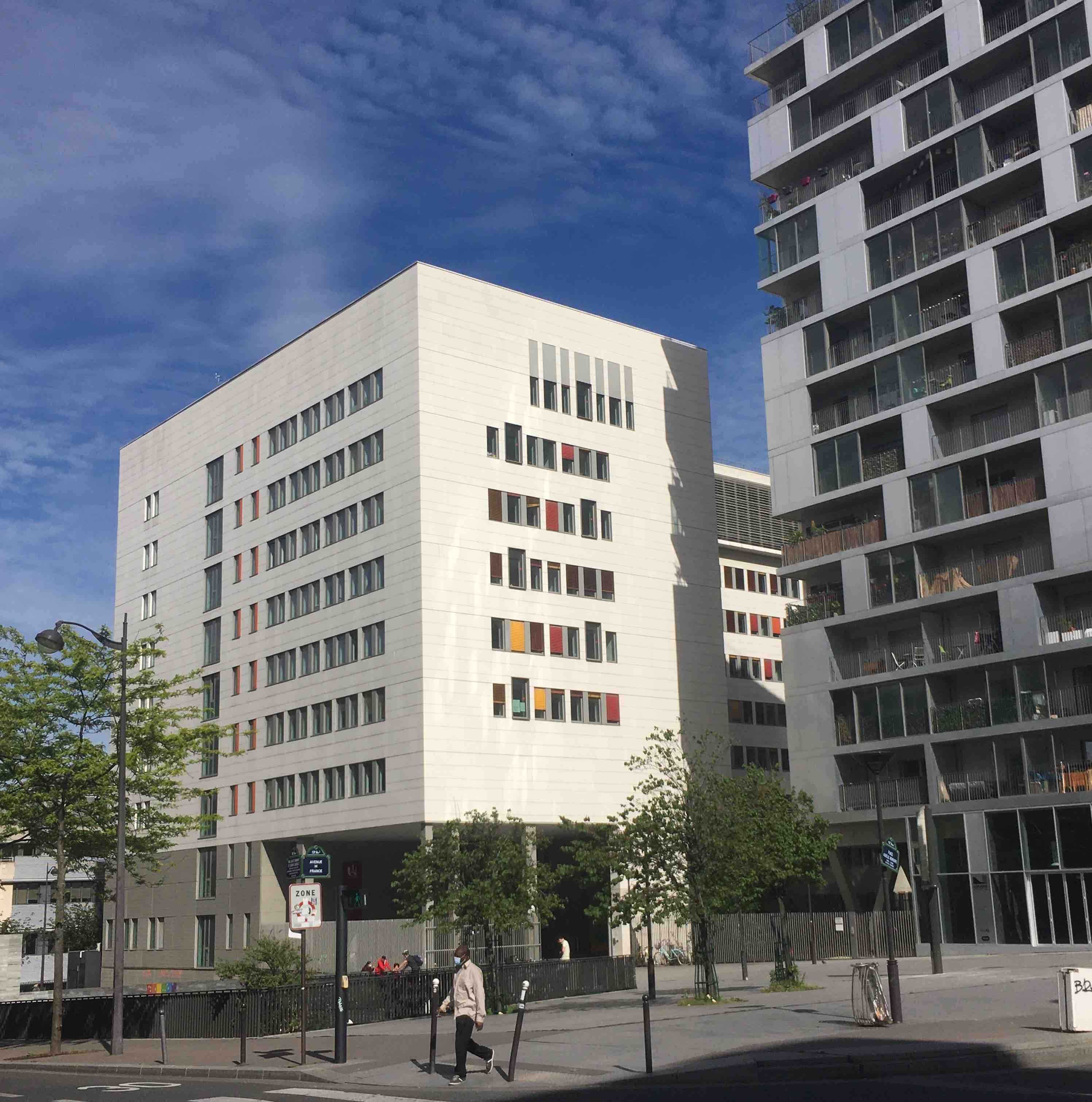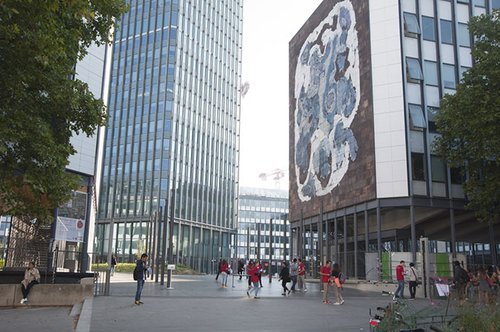The LPSM in few words
The Laboratoire de Probabilités, Statistique et Modélisation (LPSM, UMR 8001) is a research unit dedicated to the mathematics of randomness and data. It includes about 200 members - about 90 faculty from Sorbonne Université, Université Paris Cité and CNRS - who are supported by administrative and computing resources teams.
Physically speaking, the LPSM is distributed over two sites, namely the Campus Pierre et Marie Curie of Sorbonne Université and the Campus Paris Rive Gauche (bulding Sophie Germain) of Université Paris Cité.
The LPSM research activities are extremely diversified and cover a large spectrum from fundamental mathematics to applications in various disciplines, in particular, Data sciences, Medicine, Humanities, Biology, Physics, Finance and Insurance. The research structure is composed of six groups:
The LPSM is strongly involved in higher education in Mathematics, both at post-graduate level (about 70 PhD students) and in various Masters programs of our supporting universities (see this page for more details).
The LPSM has also a full range of connections with professional partners, both in academia and with various corporations and businesses (see here for more details).
The laboratory has been founded in January 2018, based on the fusion of two units, namely the Laboratoire de Probabilités et Modèles Aléatoires (LPMA) and the Laboratoire de Statistique Théorique et Appliquée (LSTA). This foundation is the outcome of a long unification process of the “mathematics of randomness” as they had been developed in previous laboratories. The LPMA and LSTA were themselves founded on previous structures of the Université de Paris, namely the “Chair in Probability and Mathematical Physics” (CPPM) and the “Statistics Institute” (ISUP).
In particular, the French mathematician and politician Emile Borel hold the CPPM from 1920 on and founded the ISUP in 1922. To some extent, the LPSM finally achieves, one century later, Borel's original projet to make Paris a primary center of research and education in the mathematics of randomness.
Cédric Boutillier, Head of the unit

